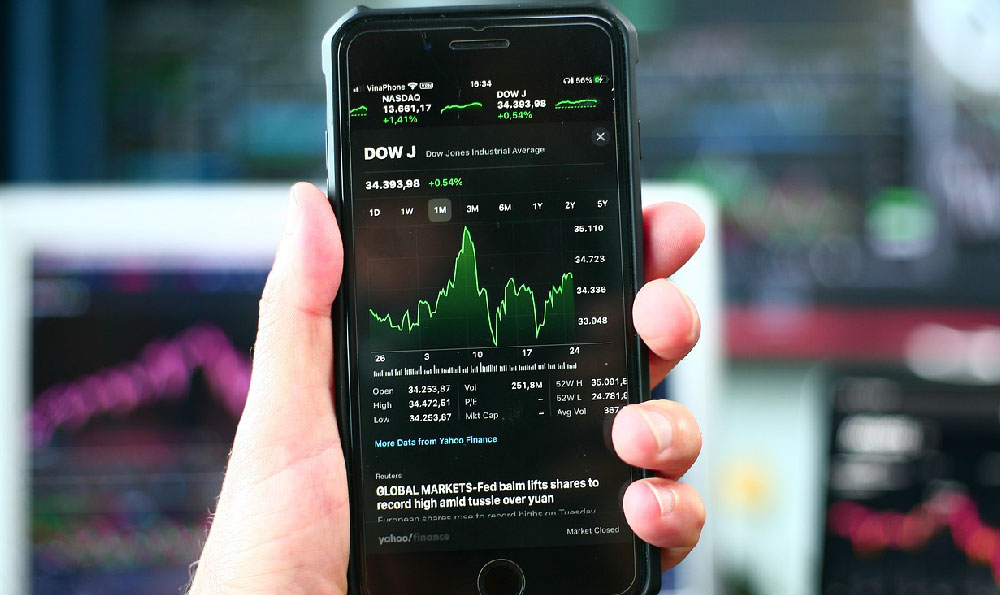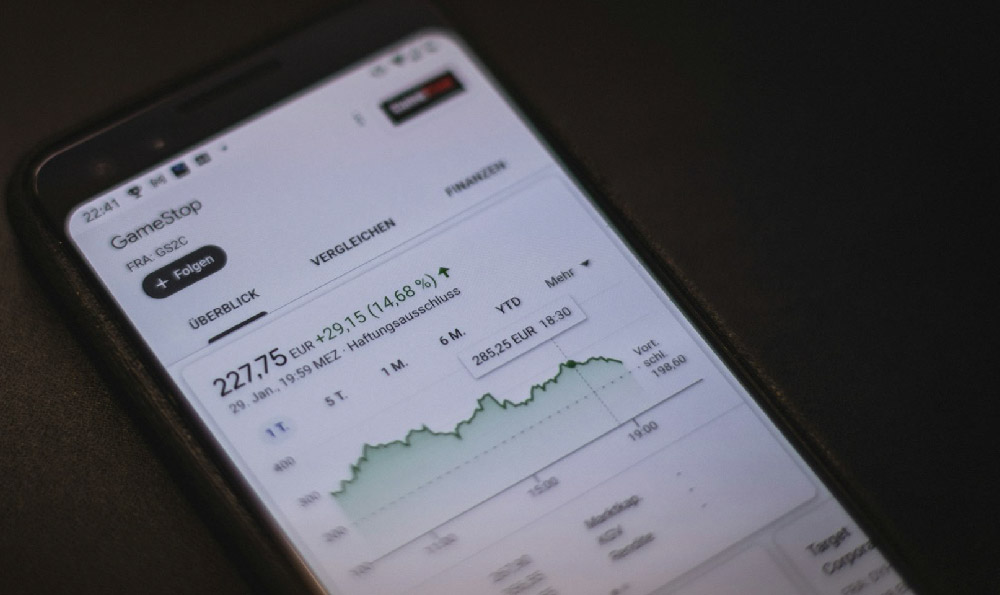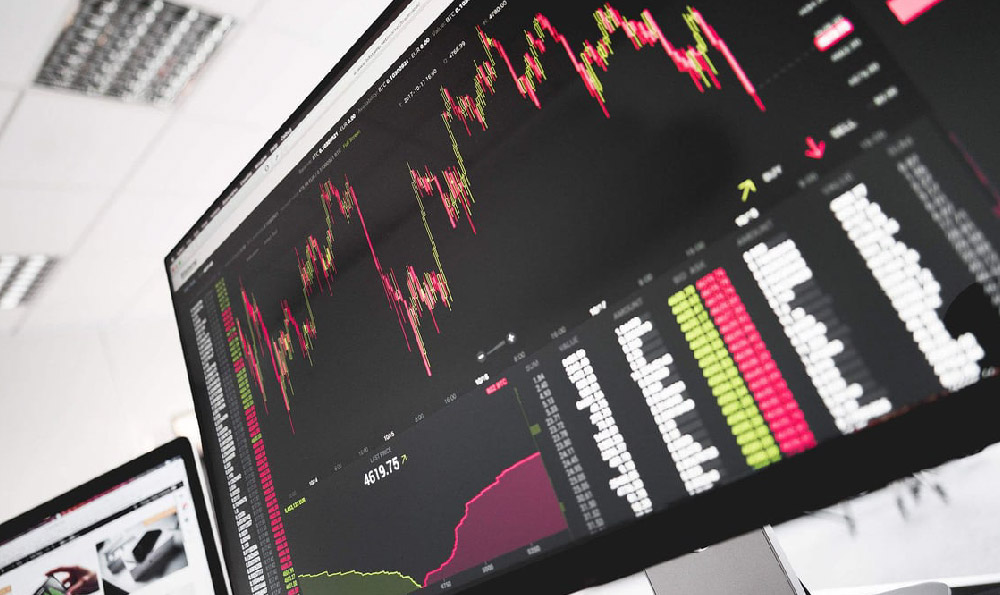How to Profit from Recycling: Start a Business Online

Recycling has long been viewed as a niche sector, but its potential to generate significant returns is increasingly evident in the digital age. As the global economy shifts toward sustainability, the demand for innovative recycling solutions has surged, creating opportunities for entrepreneurs and investors alike. The digital transformation of recycling—especially through online platforms and blockchain technology—has unlocked new avenues for profit generation, making it a compelling area for those looking to capitalize on both environmental and financial gains. By understanding the evolving landscape, leveraging technology, and adopting strategic approaches, individuals can navigate this space effectively while mitigating risks.
The integration of digital tools into the recycling industry has revolutionized traditional methods, making them more efficient and scalable. For instance, online recycling platforms now allow users to sort, purchase, and sell recyclable materials with ease, reducing the friction associated with physical interactions. These platforms often utilize blockchain technology to ensure transparency in transactions, track the supply chain of recycled goods, and provide verifiable data on environmental impact. Such innovations not only attract conscientious consumers but also create value for investors through operational efficiency and market expansion.
One of the key advantages of entering the recycling sector is the growing market demand. According to recent reports, the global recycling market is projected to reach $1.5 trillion by 2030, driven by government regulations, corporate social responsibility initiatives, and the rising awareness of environmental issues. This expansion is further amplified by the adoption of digital solutions, which enable businesses to reach a broader audience and operate with lower overhead costs. Investors can take advantage of this trend by funding startups that innovate in sustainable recycling, such as those using AI-powered sorting systems or IoT-enabled waste tracking.

To profit from recycling online, it's essential to identify the right niche within the industry. While large-scale recycling operations are complex, smaller, technology-driven ventures offer more accessible entry points. For example, businesses that specialize in e-waste recycling or upcycling materials into high-value products have seen substantial growth. Investors can support these ventures by providing capital, either directly through equity or indirectly by investing in blockchain-based platforms that facilitate recycling transactions. The key is to align investments with sustainable practices that address current market gaps.
The role of blockchain technology in recycling cannot be overstated. By creating immutable records of recycling activities, blockchain ensures that materials are traceable from their source to their final use, reducing fraud and increasing trust. This transparency has the potential to attract institutional investors and governments looking to support green initiatives. Moreover, blockchain-based reward systems can incentivize consumers to participate in recycling programs, creating a circular economy that benefits both businesses and the environment.
However, entering the recycling sector requires careful consideration of risks. The market is still maturing, and many startups may struggle with scalability, profitability, or regulatory compliance. Investors should conduct thorough due diligence, assessing the team's expertise, the technology's viability, and the business model's sustainability. It's also important to monitor environmental and economic trends, as policies and consumer behavior can significantly impact the industry.
Another critical aspect is the use of virtual currency as a medium of exchange within recycling platforms. Digital currencies enable seamless transactions across borders, reducing costs associated with traditional payment methods. For example, some platforms allow users to trade recyclable materials using cryptocurrencies, creating a new revenue stream for businesses. Investors can explore opportunities in this space by supporting platforms that integrate cryptocurrency for transactions, thereby tapping into a growing digital economy.
The potential for profit in recycling is further enhanced by the ability to generate passive income streams. For instance, investing in asset-backed tokens derived from recycled materials can provide a steady return. These tokens represent ownership in a specific recycling project, such as a solar panel recycling initiative, and can be traded on digital exchanges. Investors can diversify their portfolios by allocating funds to multiple projects, thereby spreading risk and maximizing returns.
Despite these opportunities, it's crucial to avoid common pitfalls in the recycling industry. One of the most significant risks is the environmental impact of improper recycling practices. Investors must ensure that the businesses they support adhere to ethical and sustainable standards, whether through regulatory compliance or internal policies. This not only protects the planet but also safeguards the long-term value of investments.
Additionally, the rapid pace of technological advancement in recycling means that investors must remain adaptable. Emerging technologies such as AI, IoT, and blockchain can disrupt traditional models, creating new opportunities for profit. By staying informed and investing in companies that innovate, individuals can position themselves at the forefront of this evolving market.
In conclusion, the intersection of recycling and digital innovation presents a unique opportunity for profit generation. By leveraging technology, understanding market trends, and adopting a strategic approach, individuals can navigate this space effectively. However, success requires not only financial acumen but also a commitment to sustainability. As the industry continues to evolve, those who invest wisely and remain vigilant will be best positioned to capitalize on its potential. The key to profiting from recycling lies in combining environmental consciousness with financial expertise, creating a win-win scenario for both the planet and the investor.















